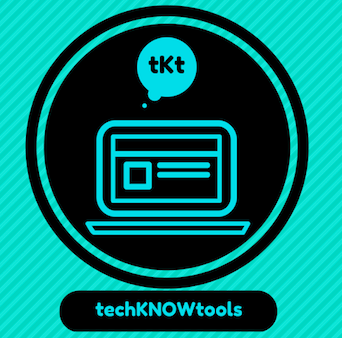At the end of June, the @BreakDrink Campus Tech Connection (#CTCX) discussed Google’s new Chromebook hardware and some of it’s applications on our show. Here is a great as walk-through of the Samsung 5 Chromebook c/o our listener @brifanning and his co-worker Vlad.
As a student who primarily reads, researches, writes and works online for both classes and in Google applications – the Samsung 5 Chromebook is a good fit for my needs. I like the portability, access to both 3G/Wifi and most of my content is stored online which requires me to have little to no memory space. I still have a my MacBook Pro to support final manuscript edits, listen to my iTunes library, Skype with far away family/friends and so on. This means that my Chromebook is NOT replacing my current computing needs entirely; however it does help me as a full time professional and student as I work on a Mac at home, PC at my office and fulfill my lightweight need for classes/research on campus. A ReadWriteWeb article said it best: It’s not the device itself that matters, it’s how you use it.
In considering the value of either a Chromebook or netbook for higher education, I can see why some institutions might head for the clouds. Many organizations are finding it far easier, less expensive and more efficient to access resources in the cloud. As budgets are cut and resources shrink, many institutions will consider integrated systems that support the changing IT needs for education.
Here are a few ways higher education professionals could put a Google Chromebook to work on campus:
- Learning commons – commonly replacing computer terminals/labs across campus
- Sign out digital resources from the library and/or digital lab
- Orientation programs – first year interest groups & orientation leader groups
- Using Google Apps for learning environments & apps for education
- Academic advising outside the desktop/office environment
- Creation of campus apps & cloud usage
- Student space – access to devices in study rooms & lounges
- And NOW unique ideas for Google+ and how to use it for a campus community [More suggestions for Google+ in Higher Education from Hack Education, The Chronicle, Ed Cabellon & Joe Sabado]
